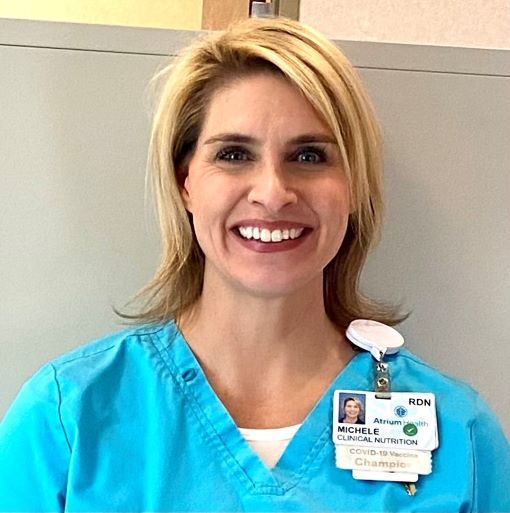1. Bauer J, et al. Use of the patient-generated subjective global assessment (PG-SGA) as a nutrition assessment tool in patients with cancer. Eur J Clin Nutr 2002;56:779–785.
2. De Pinho N, et al. High prevalence of malnutrition and nutrition impact symptoms in older patients with cancer: Results of a Brazilian multicenter study. Cancer 2020:1;156–164.
3. Hopkinson JB, et al. The prevalence of concern about weight loss and change in eating habits in people with advanced cancer. J Pain Symptom Manage 2006:32:322–331.
4. O’Gorman P, et al. Impact of weight loss, appetite, and the inflammatory response on quality of life in gastrointestinal cancer patients. Nutr Cancer 1988;32:76–80.
5. Russo G, et al. Radiation treatment breaks and ulcerative mucositis in head and neck cancer. Oncologist 2008;13:886–898.
6. Carneiro I, et al. Clinical implications of sarcopenic obesity in cancer. Curr Oncol Rep 2016;18:62.
7. Souza T, et al. Is the skeleton still in the hospital closet? A review of hospital malnutrition emphasizing health economic aspects. Clin Nutr 2015;34:1088–1092.



